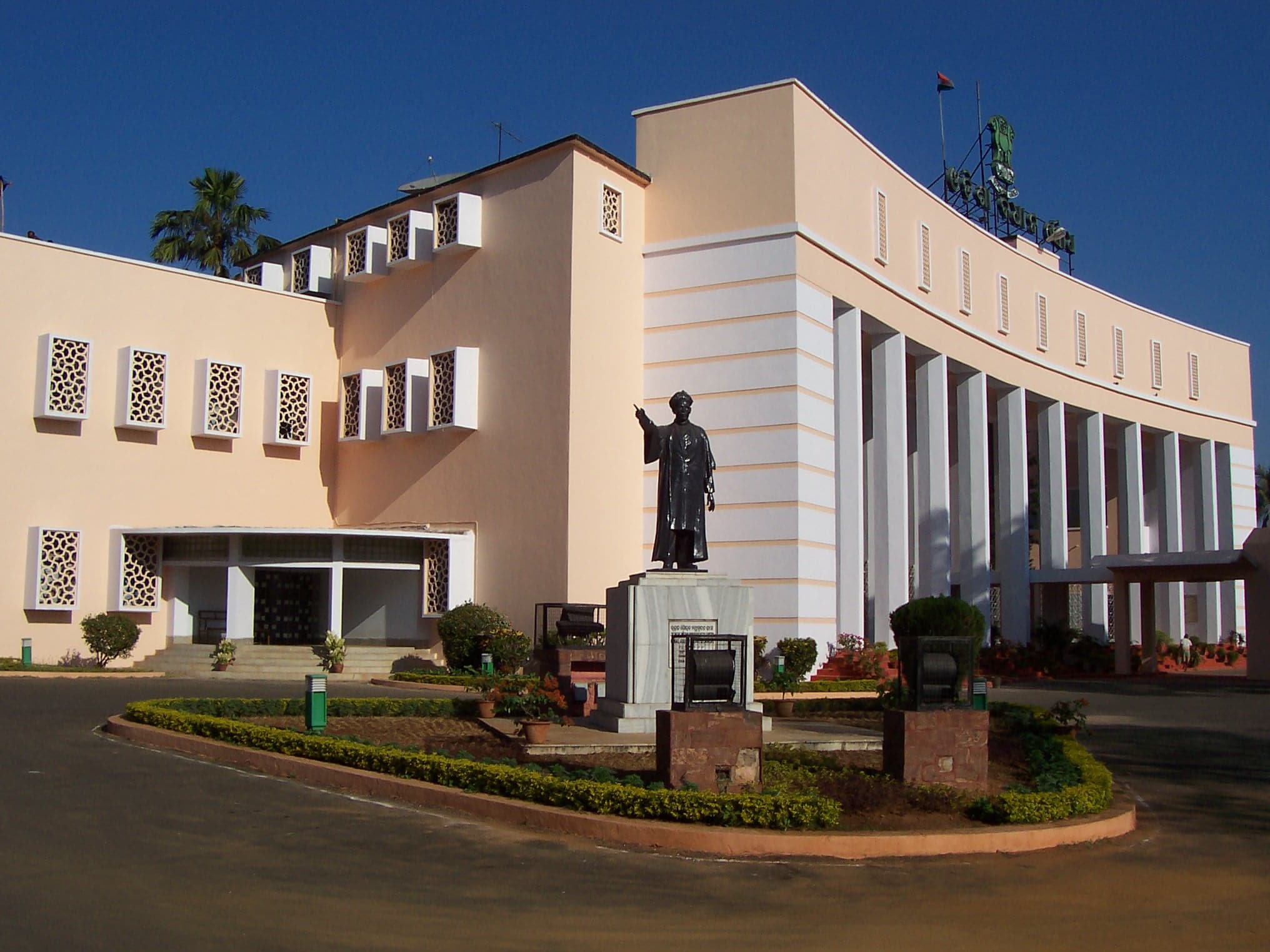By Yajati Rout
Copyright pragativadi

Speaker Surama Padhy announced on Friday that the motion, submitted by the Congress Legislature Party, could not be tabled due to persistent disruptions in the House.
The no-confidence notice was formally submitted to the Speaker on Thursday, targeting the BJP government’s council of ministers. According to parliamentary procedure, a no-confidence motion requires at least 14 members to stand in support in the Assembly for it to be accepted. If supported, the motion is referred to the Business Advisory Committee to schedule discussions. The Congress, with 14 MLAs and additional support from CPI(M) MLA Laxman Munda, met the numerical requirement. However, the Speaker stated that ongoing chaos in the Assembly prevented the motion from being brought forward.
The disruptions, primarily led by BJD members raising the issue of fertiliser shortages, also stalled a separate Congress motion for an adjournment debate on the same issue. Despite the Speaker accepting the adjournment motion, no discussion could take place as BJD members continued sloganeering, bringing House proceedings to a halt on Friday afternoon.
The Congress’s no-confidence motion has stirred political ripples in Odisha, with the opposition accusing the BJP government of mismanagement. However, procedural hurdles and the Speaker’s discretion play a critical role in determining whether the motion will be debated.
Experts in parliamentary affairs note that the Speaker can reject the motion on various grounds, including technical errors in its wording or a packed legislative schedule. Additionally, the Business Advisory Committee holds the authority to prioritise or sideline the motion based on the Assembly’s agenda.
As the session progresses, all eyes are on whether the Congress can push its no-confidence motion to a debate or if the disruptions will continue to derail the Opposition’s strategy.



